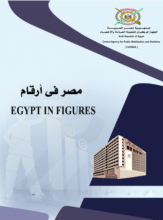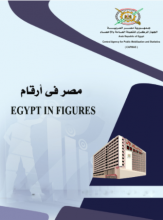Youth

During the first half of the twenty-first century, an unprecedentedly large proportion of the population in the Middle East and North Africa will transition into their most productive years, opening up the potential for a demographic dividend - economic growth spurred by demographic changes. The most favourable period for the region as a whole will be between 2018 and 2040, when the dependency ratio is predicted to be lowest. This temporary lowering of the dependency ratio of the population has the potential to increase shared wealth and facilitate an expansion of opportunities for all - but only under certain conditions. Children and young people (0-24 year olds) in the Middle East and North Africa currently account for nearly half of the region’s population and have the potential to become agents of change, acting for a more prosperous and stable future for themselves and their communities, and playing their part in reaping the demographic dividend. But unleashing this potential requires urgent and significant investment to create opportunities for meaningful learning, social engagement and work, all of which are currently limited, particularly for young women and the most vulnerable. The time to act is now. Due to a rapidly growing elderly population across the region, the window of opportunity to benefit from the demographic dividend will begin to close in the second half of the century.
View PDF
Related Topics
-
Egypt in Figures - Population 2022
2022"Egypt in Figures" is a booklet issued each year by the Central Agency for Public Mobilization and Statistics (CAPMAS). It contains the most...Read More -
Egypt in Figures - Education 2022
2022"Egypt in Figures" is a booklet issued each year by the Central Agency for Public Mobilization and Statistics (CAPMAS). It contains the most...Read More -
Egypt in Figures - Economy 2022
2022"Egypt in Figures" is a booklet issued each year by the Central Agency for Public Mobilization and Statistics (CAPMAS). It contains the most...Read More


